ASTANA – Kozybayev University in Petropavlovsk in northern Kazakhstan is ready to send the first 150 students who were enrolled in the academic year of 2022 to study in the United States through dual-diploma and international programs. The demand is notable, said Damel Mektepbayeva, a member of the Management Board for Innovation and Internationalization at Kozybayev University, in an interview with The Astana Times.
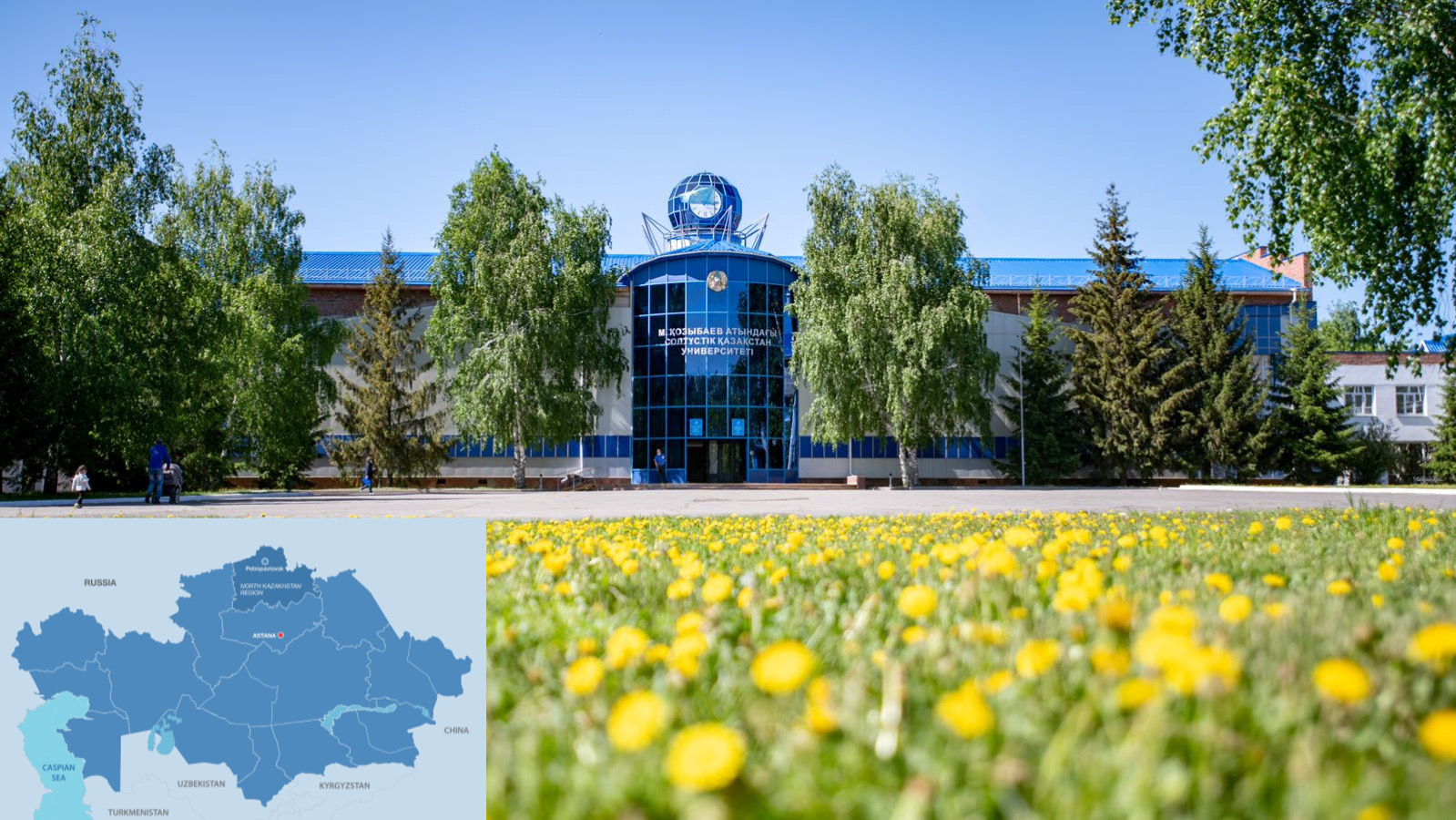
Kozybayev University. Photo credit: Damel Mektepbayeva. Click to see the map in full size. The map is designed by The Astana Times.
Kozybayev University aims to enroll at least 500 students in the dual-diploma program for the academic year of 2023.
Dual-diploma programs are becoming common for higher education in Kazakhstan.
After President Kassym-Jomart Tokayev announced the opening of the branches of leading foreign universities in Kazakhstan, some of the well-established state universities started to make use of this. The first to do so was Kozybayev University, one of the oldest universities in Kazakhstan. It launched its dual-diploma program together with the University of Arizona, one of the leading research institutes in the world.
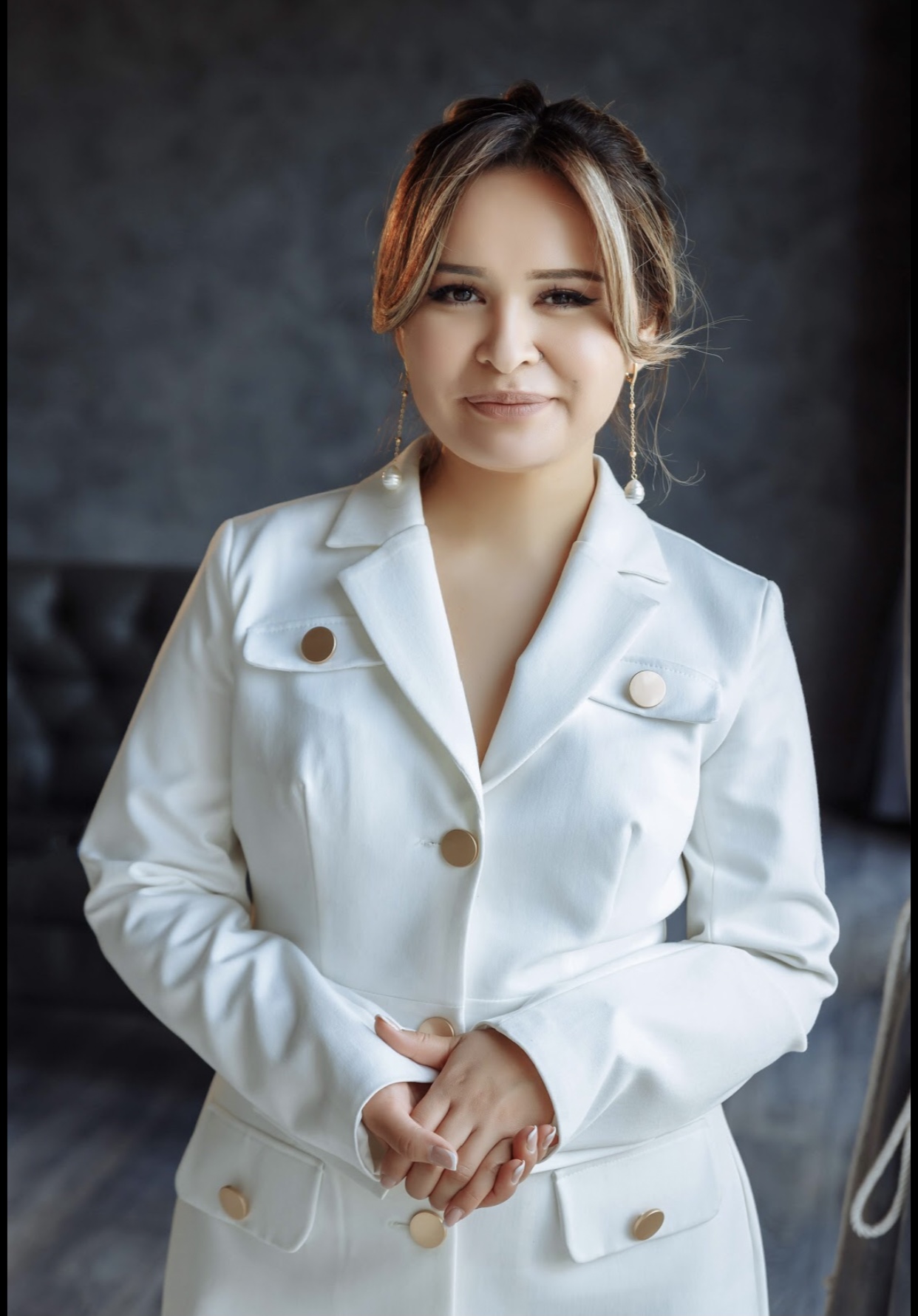
A member of the Management Board for Innovation and Internationalization at Kozybayev University, Damel Mektepbayeva. Photo credit: Mektepbayeva’s personal archive.
Mektepbayeva, who has a background in science as a researcher and who previously worked as a senior manager at Nazarbayev University, said the partnership is an example of transformation in the academic environment.
She explained the specifics of the program.
“We worked through each [academic] program – first deans were sent to us from the University of Arizona. Some agreed with us [on the details of the academic program], some did not. We discussed the whole educational program for each program and the syllabi, and considered whether we can take their program. This depended on whether the American program is relevant to Kazakhstan. Then we look at our program. Which strong aspects can be taken, particularly as something may no longer be relevant. Our suggestions are then reviewed by the University of Arizona’s experts. Then it all comes together,” Mektepbayeva said.
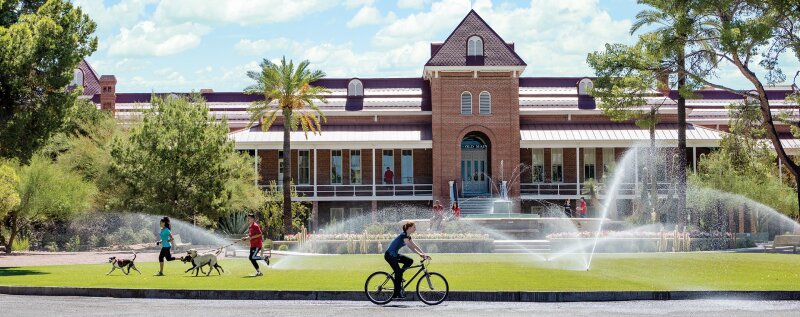
University of Arizona. Photo credit: usnews.com.
According to the university representative, the negotiation process took approximately one and a half years. The discussions focused on the specifics of Kozybayev University’s academic programs and the final tuition fee for Kazakh students.
“We actually did a phenomenal job because the tuition fee right now is 2.5 million tenge [$5,557] a year. The country can afford this. We have put a lot of effort into it,” Mektepbayeva added.
“Kazakh students will study one semester in the US as part of the dual-diploma program. Educational grants cover the tuition fees in full, including expenses in the United States. If I had a chance to do so when I was a student, I would definitely go,” she added.
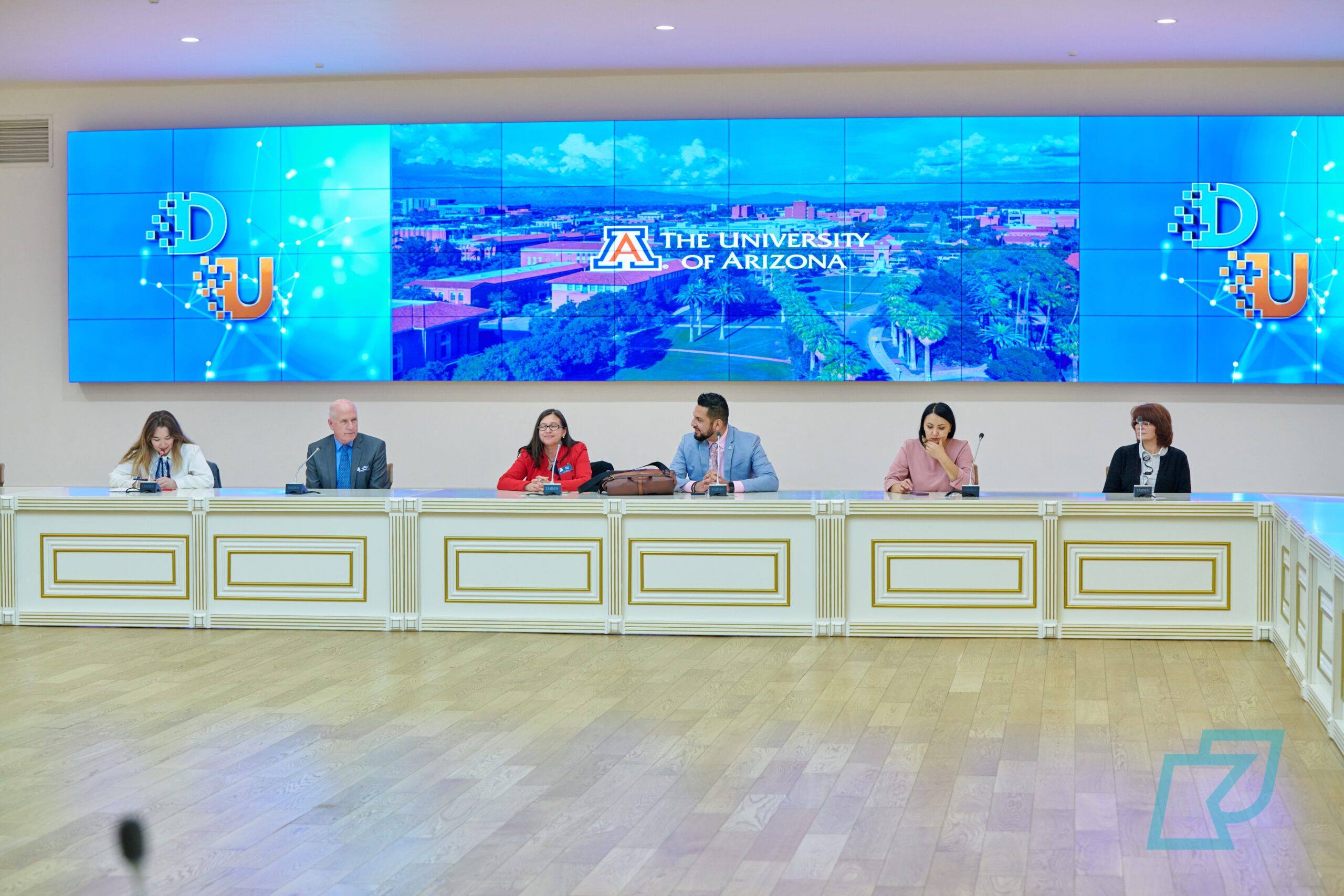
The meeting with representatives of the University of Arizona in Petropavlovsk in 2022. Photo credit: Kozybayev University.
When asked about the differences between American and Kazakh higher education standards, Mektepbayeva pointed out that the US system is more science-driven. When studying microbiology at Indiana University, she spent a considerable amount of time every day in the laboratory.
The implementation of the dual-diploma program has an accumulative effect on the whole system of higher education, she added. It enables them to hire English-speaking Kazakh professors with good international educational and professional backgrounds and support Kazakhstan’s academic staff to improve their language skills.
“We have professors from Arizona coming to us as part of the dual degrees. But we also take our own Kazakh professors who speak proficient English and who studied abroad. Currently there are four professors who are suitable. And we place even more emphasis on Kazakh specialists,” she said.
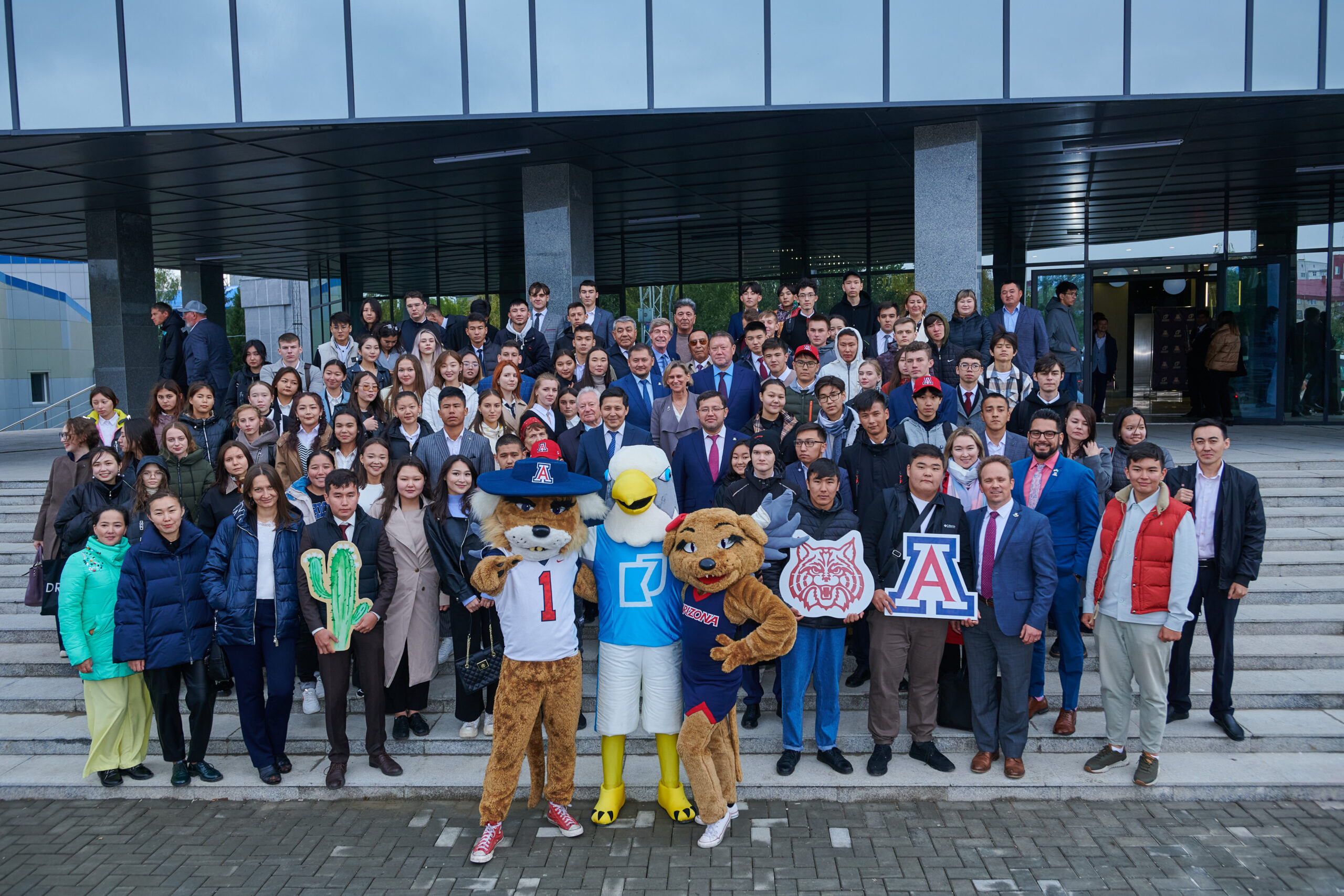
Celebration ceremony for the dual degree program in Kozybayev University. Photo credit: Damel Mektepbayeva.
Regarding the development of science in Kazakhstan, Mektepbayeva said most of the country’s university campuses are in a poorer state than the schools. She stressed the need to upgrade the academic infrastructure in most of them.
“Children go to good schools, but universities have poor infrastructure. They are left disappointed. There is no motivation to study further. I believe that our universities need strong support to develop their infrastructure, to make universities more student-friendly, where one wants to go and study,” she said.
The share of science in the nation’s gross domestic product remains below 1 percent. In his recent remarks at the first meeting of the National Council for Science, President Tokayev highlighted the importance of the development of scientific projects and supporting business-science collaborations to boost science-intensive manufacturing.
Mektepbayeva, as a scientist herself, added that if the science share of GDP grows in the coming years, more scientists and researchers will have a chance to implement their innovative projects.
“Our goal is to support this development. I believe that science will be revived, it will become even more oriented to the trends in the international scientific community. Science development is moving in the right direction. There are also various grants for foreign internships for scientists. This is a great opportunity to look at global practices and improve skills, including in English,” she said.

